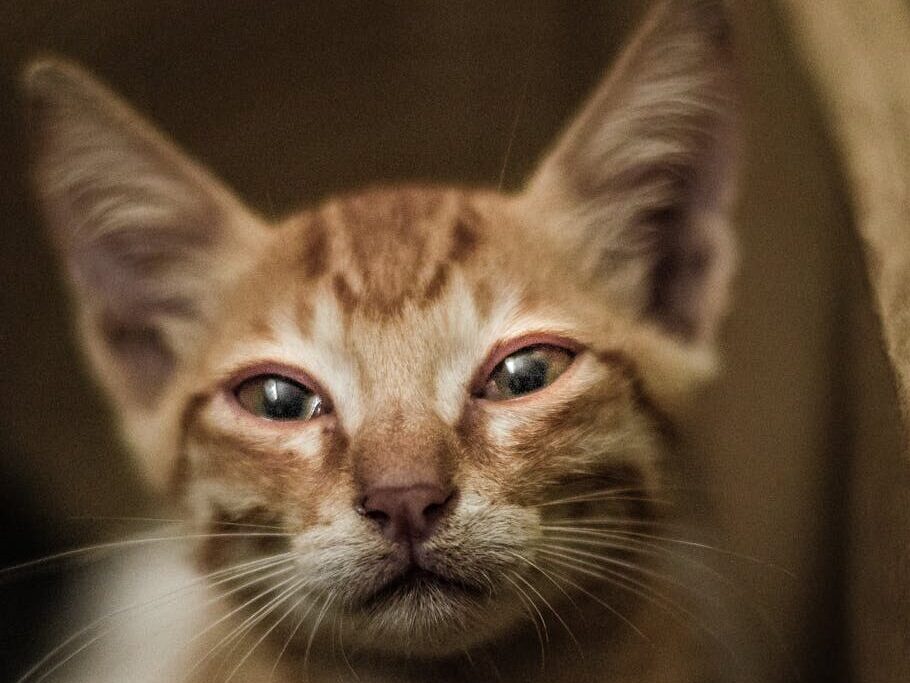
People love their cats, but don’t realize that they might be making life harder for them in small ways. It happens quietly due to oversights or good intentions that miss the mark. Cats can’t explain what they need, so they adapt, often silently. If you pay attention long enough—the way they pause, hide, or stare—you start to see how much they depend on gentle understanding.
Skipping Vet Visits
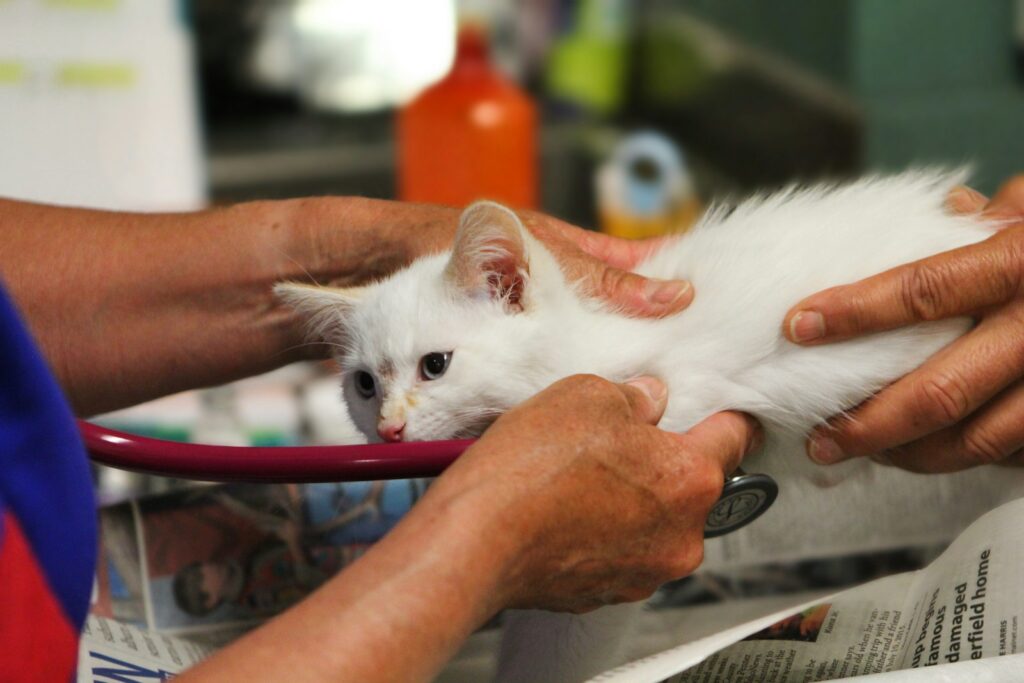
Cats are good at hiding pain. You might think they’re fine because they still eat or nap in the sun, but illness often builds quietly. A skipped checkup can mean missing early signs that something’s wrong. The cat stretches near the window like usual, but maybe slower now. You tell yourself they’re just tired. By the time you notice more, it’s often harder to fix.
Using Harsh Voices
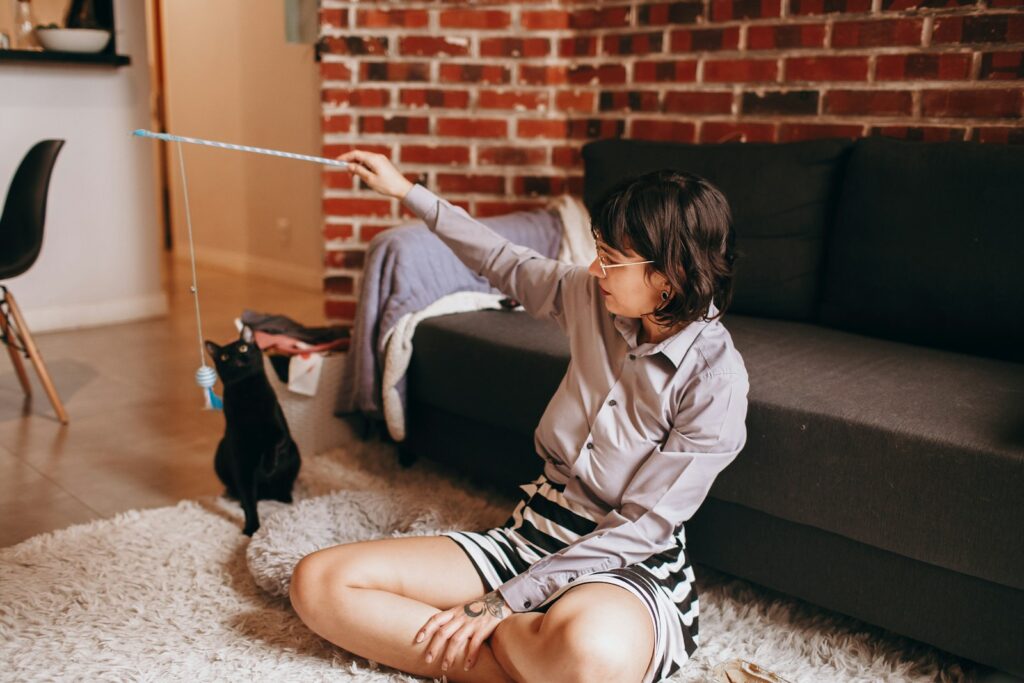
Some people think cats don’t care about tone, but they do. A sharp voice can make them hide under the bed or flatten their ears. You might not mean it as anger; just frustration —but they don’t know the difference. The sound lingers long after the moment passes. Later, when you call them softly, they hesitate—still remembering how it felt to be scared in their own home.
Ignoring Their Boredom
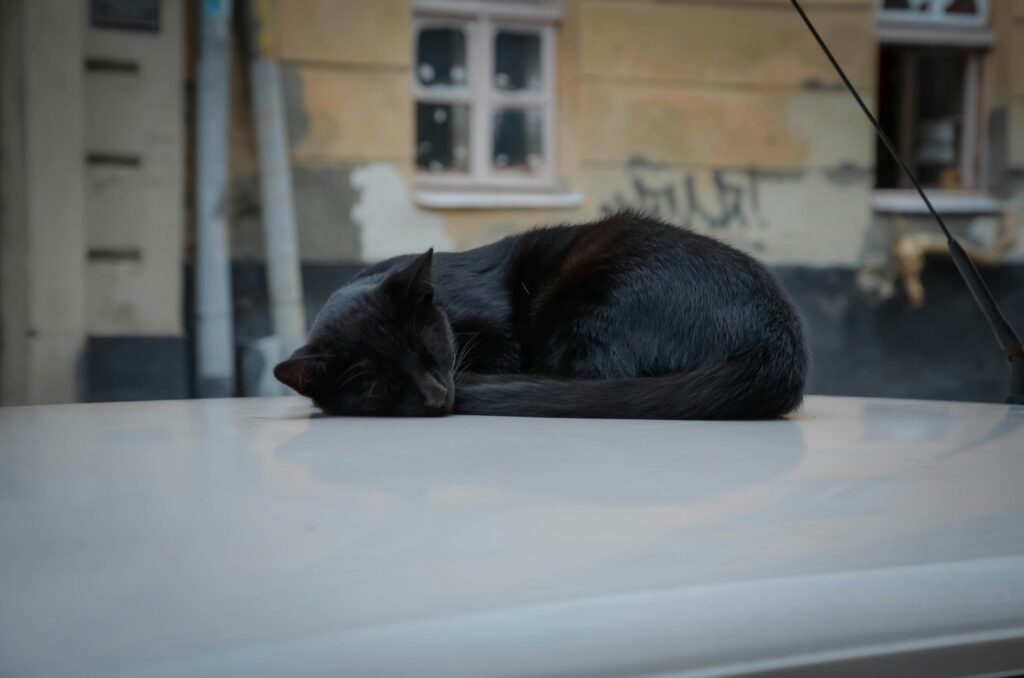
A bored cat doesn’t always act restless. Sometimes they sleep more or stare out the window for hours. They need stimulation—a feather toy, a moving shadow, something to chase. When that’s missing, their spirit dulls a bit. You can notice it when the house feels too quiet, like it’s turned into a soft toy. They’ve not become lazy; they just don’t bother to engage with you.
Feeding Too Little or Too Much
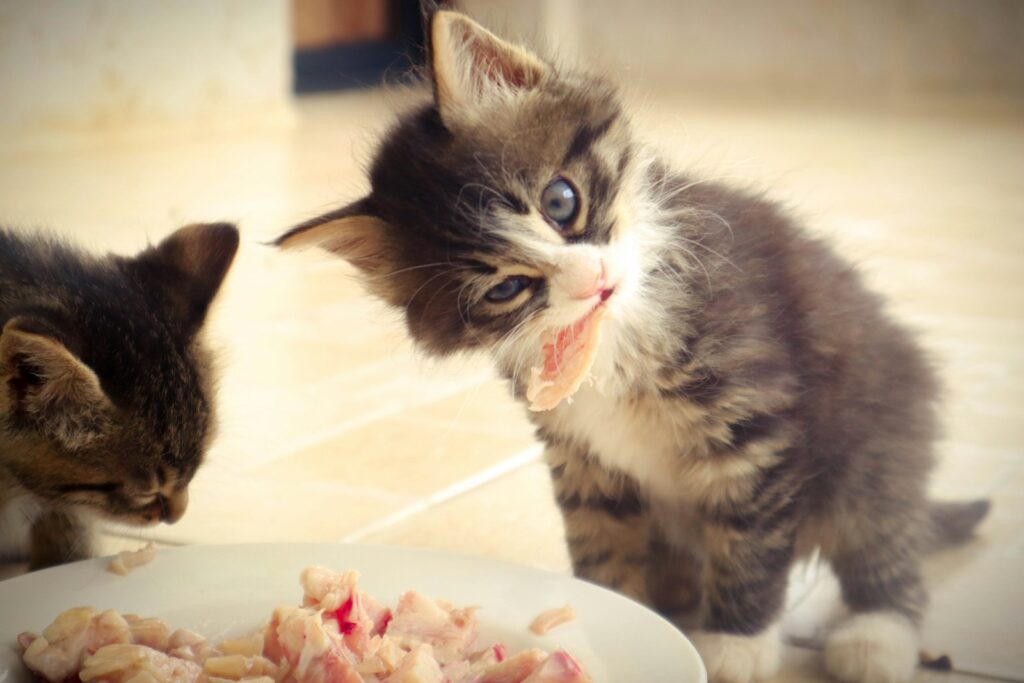
Food is love for many pet owners, but it’s important to find a balance. Some cats quietly gain weight over the years. And suddenly you’ll notice their joints ache. Others get less food than they need because their appetite seems small. You hear the sound of kibble in a bowl, think it’s enough, and walk away. They rely on you completely for what’s right, and sometimes that trust gets overlooked.
Overlooking Dental Pain
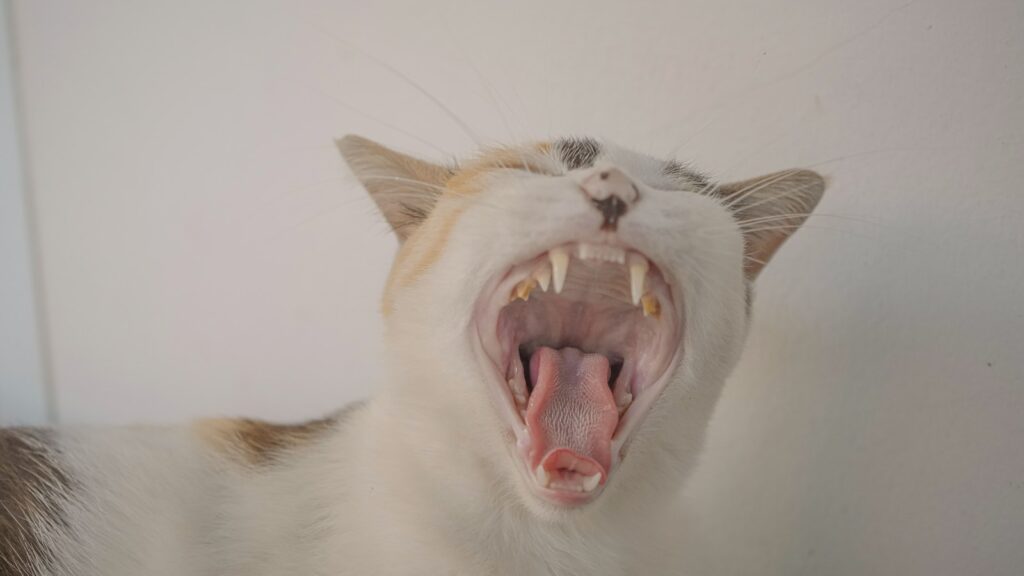
Cats rarely show when their mouth hurts. They still eat, just slower, sometimes leaving food behind. It’s easy to miss the signs until it’s serious. A small change in how they chew can signal discomfort. People think it’s nothing, just a phase. But for a cat, every meal becomes a quiet struggle they never complain about.
Forcing Affection
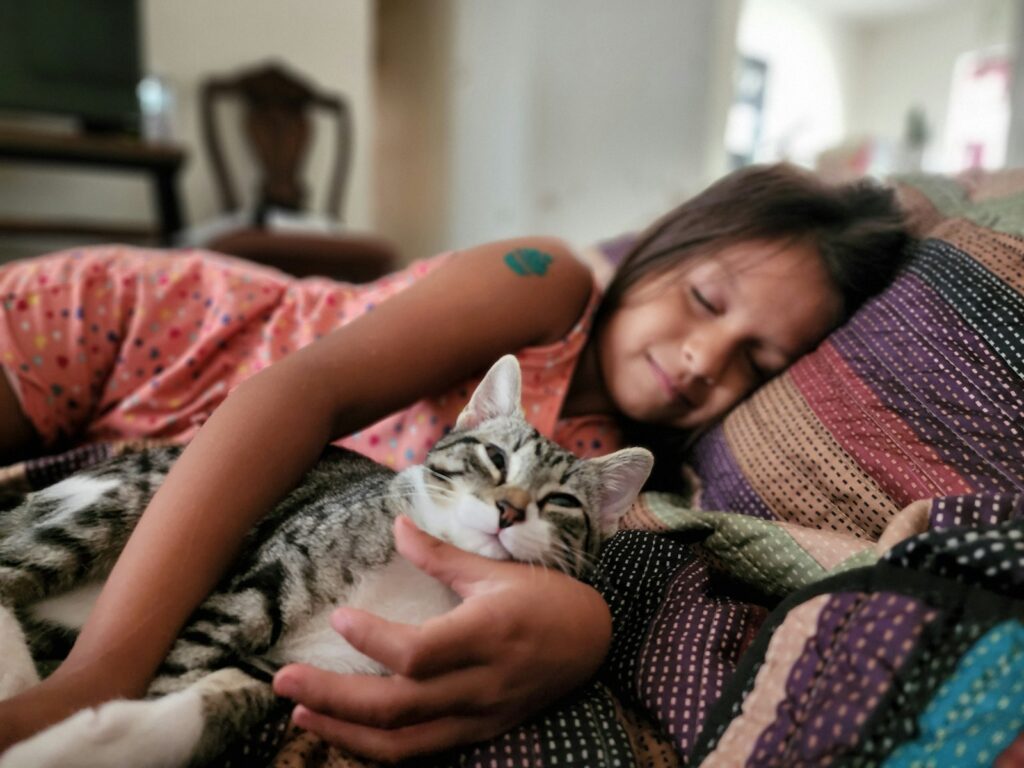
Some cats don’t like being held, even by the people they love. When someone keeps scooping them up or petting them too much, it’s not affection—it’s stress. You might see them squirm or push away with a paw. It’s their way of asking for space. Love, for cats, often means letting them come to you on their terms. Forcing it only teaches them to keep their distance.
Neglecting the Litter Box
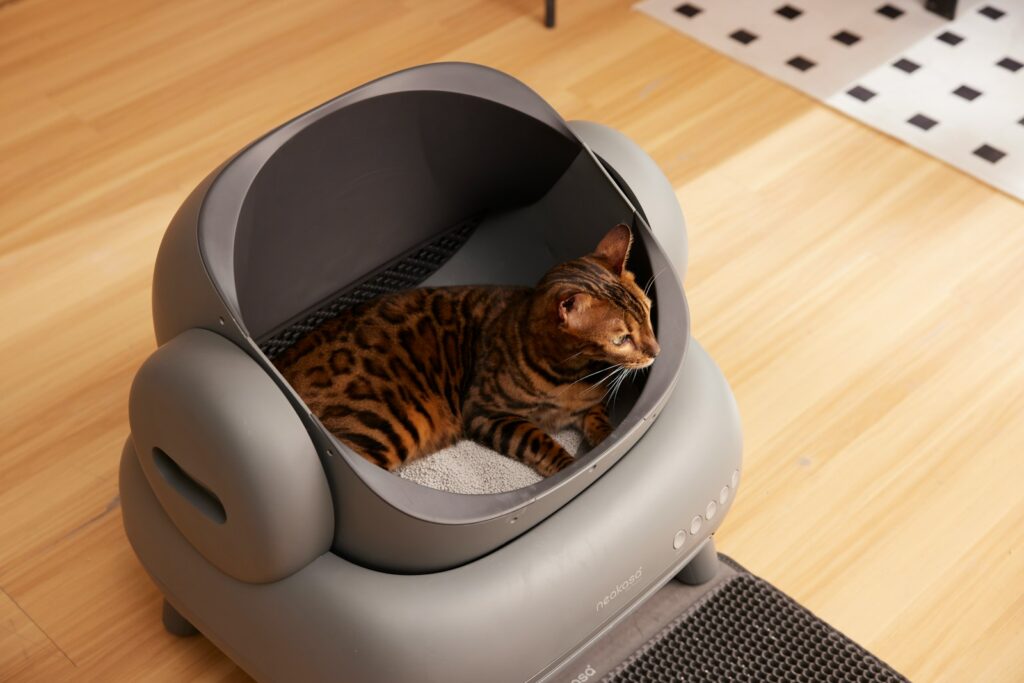
Cats care about cleanliness more than most people realize. A dirty litter box isn’t just unpleasant—it’s distressing. They’ll hold it in or start going elsewhere when they can’t stand it. Sometimes the smell hits you before you notice their discomfort. Keeping it clean seems small, but for them, it’s safety. It’s one of the few things they control in a world run by humans.
Letting Them Roam Unsafely
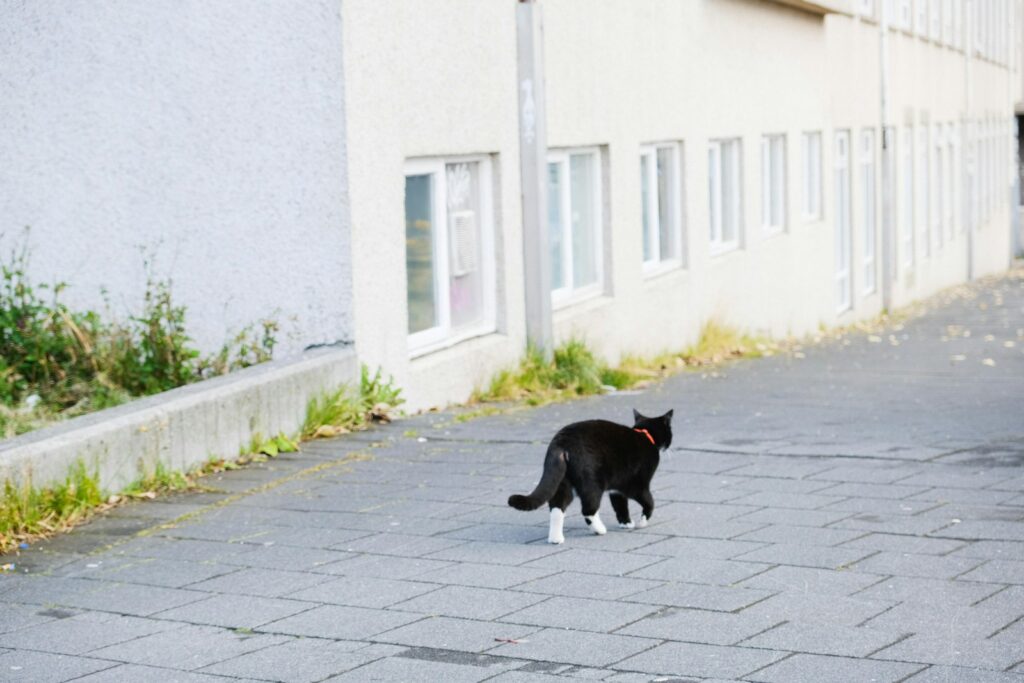
People like seeing their cat explore outside, but the world isn’t gentle. Cars, stray dogs, and toxins don’t give second chances. A cat that slips through the gate might not come back the same. It’s not about fear—it’s about how fragile their independence can be. A quiet evening on the balcony or a screened window gives them adventure without the danger.
Using Strong Scents at Home

Many cleaning products and candles smell nice to us, but overwhelm cats. Their noses are sensitive, so what feels fresh to you can sting them. You spray a room and they slip out quietly, finding another place to breathe. The smell lingers on the furniture, the curtains, the floor. It’s not that they’re picky—they’re just trying to survive in an air that suddenly feels wrong.
Clipping Whiskers or Cutting Them Short
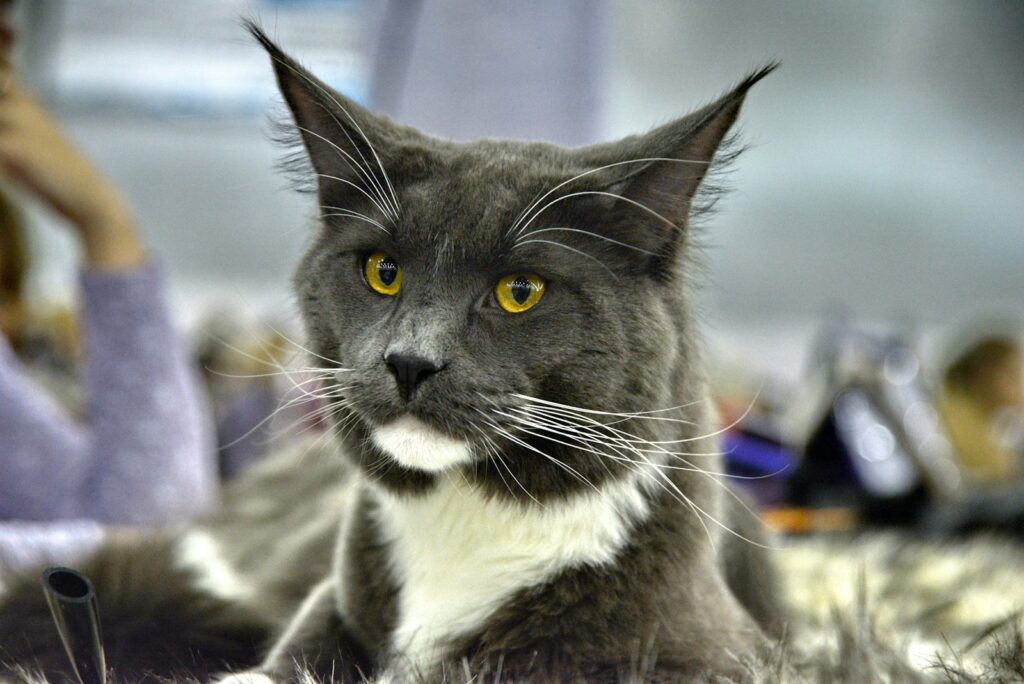
Some people think whiskers are like hair, but they’re sensory tools. Cutting them leaves a cat disoriented and unsure of its surroundings and distances. They bump into furniture or pause before jumping. It’s not visible pain, but it’s confusion. They look around, ears twitching, trying to map a world that suddenly feels off. Whiskers aren’t decoration—they’re how cats see in the dark.
Ignoring Small Changes in Behavior
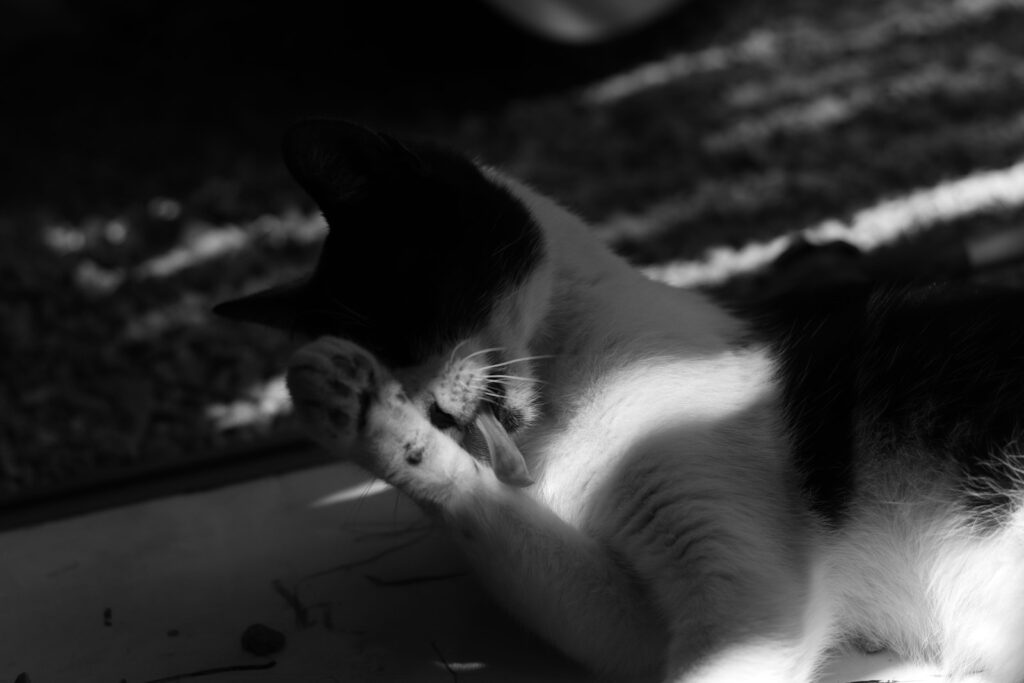
Cats don’t stop playing or greeting you for no reason. If they pull away, there must be something bothering them. It can be pain or stress. You may notice it in small ways—their silence, their distance, how they sleep more than usual. People often miss these shifts because cats stay quiet. But silence, for them, is rarely nothing. It’s their way of asking for help.
Punishing Accidents
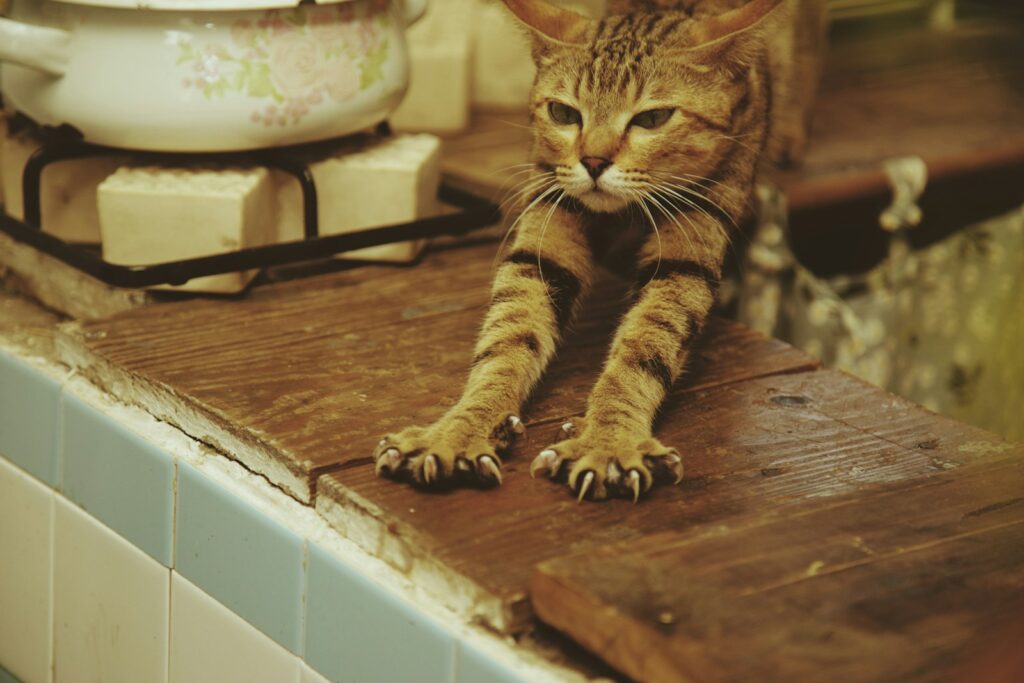
When a cat pees outside the box or scratches the wrong spot, it’s rarely mischief. It’s often anxiety, illness, or confusion. Yelling or rubbing their nose in it doesn’t teach—it just breaks trust. They start hiding after doing something wrong, unsure what’s safe anymore. Cats learn from calm correction, not fear. But too often, people expect them to understand shame instead of stress.
Leaving Them Alone Too Long
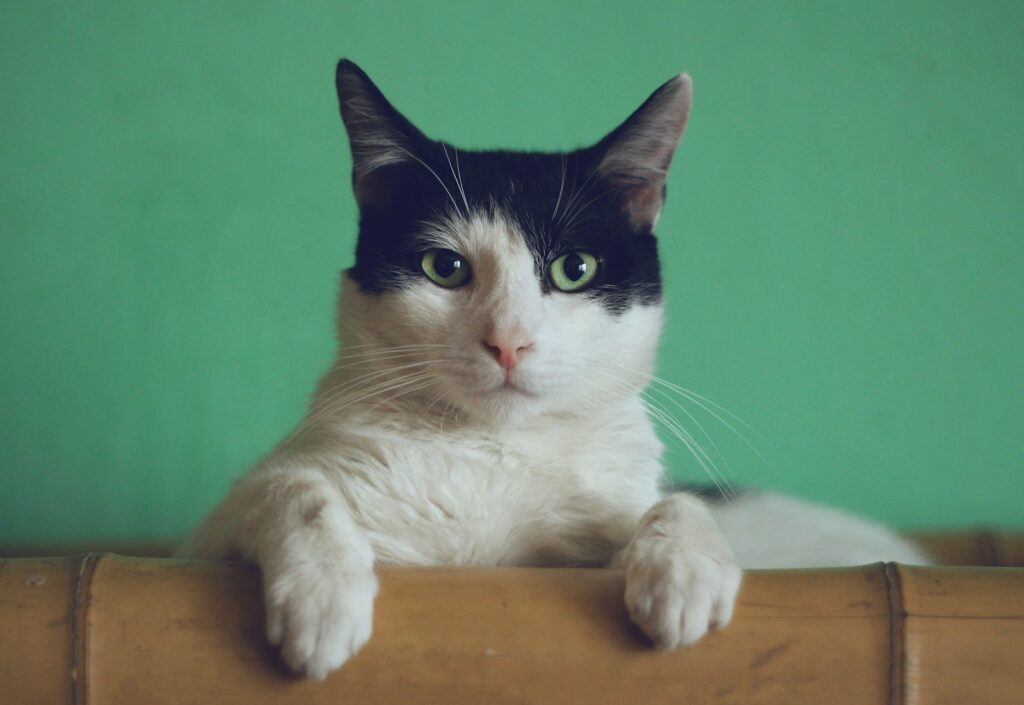
Cats are independent, but they still crave presence. Long hours alone in a quiet house can wear on them. They nap, eat, and wait. When you finally return, they might not show excitement—but that doesn’t mean they didn’t miss you. You see it in the way they follow you from room to room later, to be near you again, without making it obvious.
Keeping the House Too Noisy
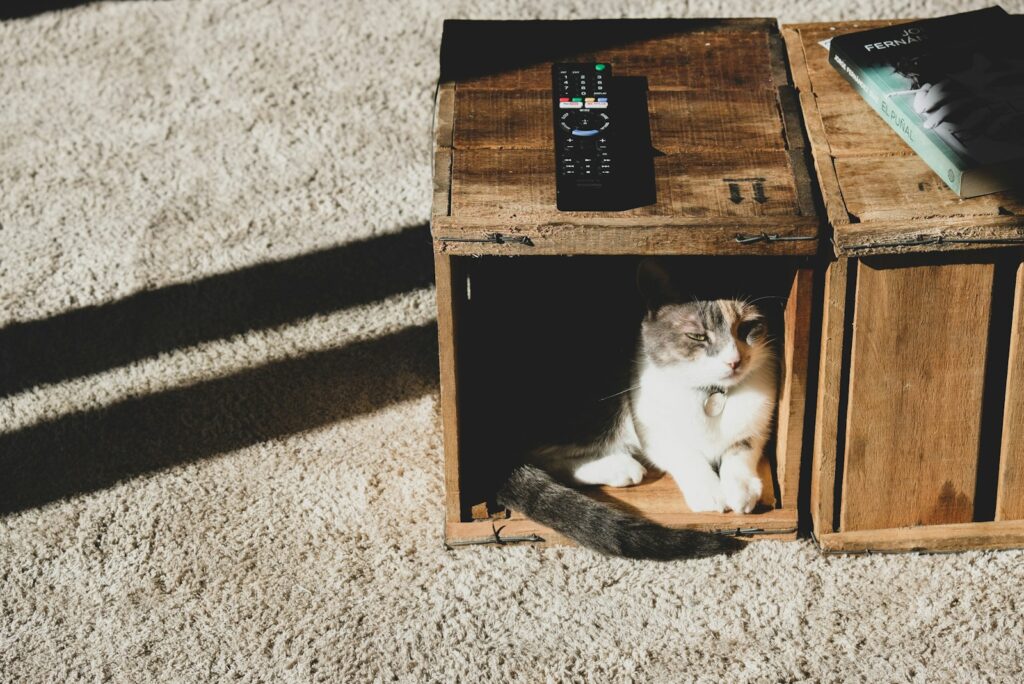
Blaring music, vacuum cleaners, shouting—they all unsettle cats. They hide in corners or under furniture until the world calms down again. People forget how loud normal life can sound to them. The clatter of dishes, the buzz of a TV, a door slamming—it all adds up. They thrive in calm spaces, but they can’t ask for quiet. They endure it until peace returns.
Neglecting Play and Touch as They Age
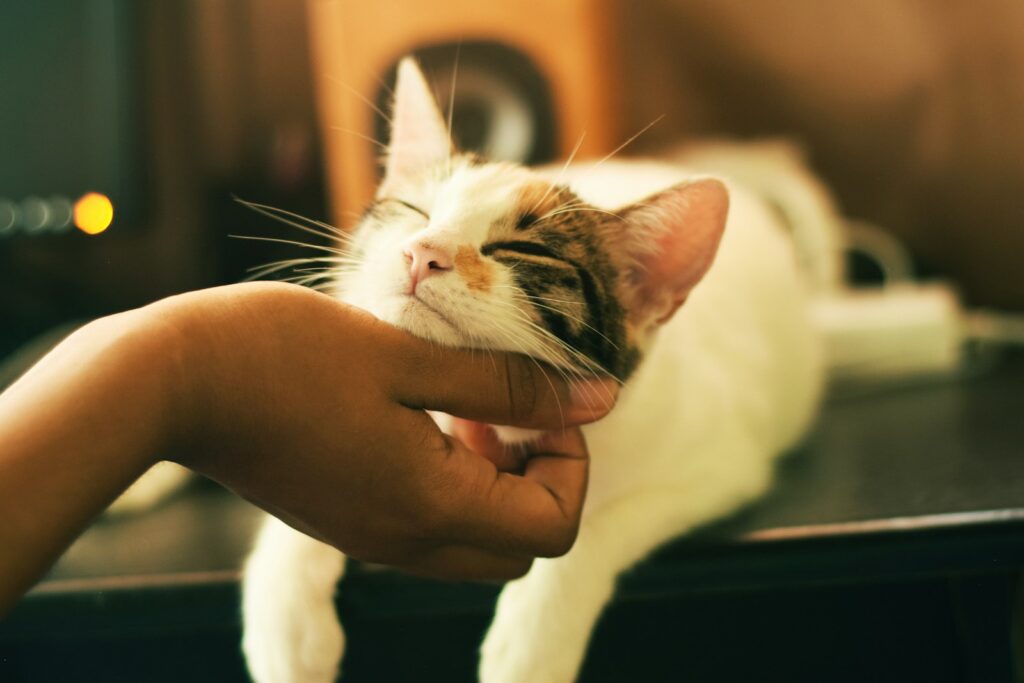
When cats get older, people assume they don’t need as much affection or activity. But they still want gentle play and soft company. They may move more slowly, but they still like the warmth of a hand resting nearby. Sometimes they sit by the window, watching birds they no longer chase. What they want isn’t excitement anymore—it’s connection that reminds them they still matter.

